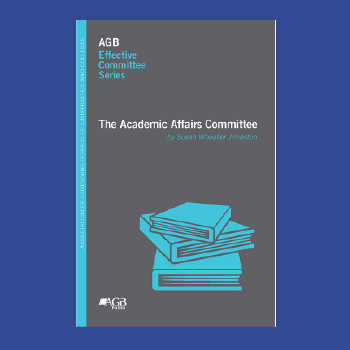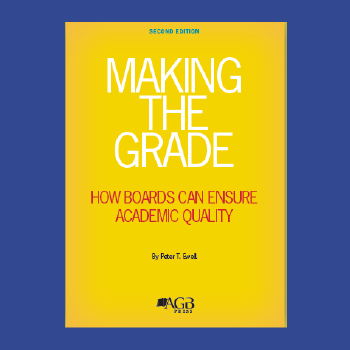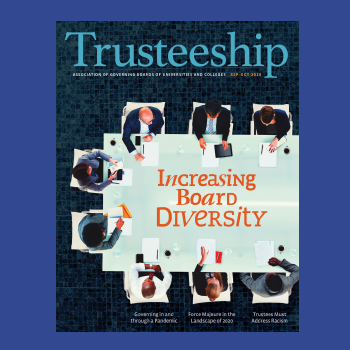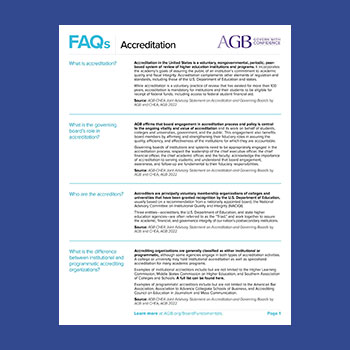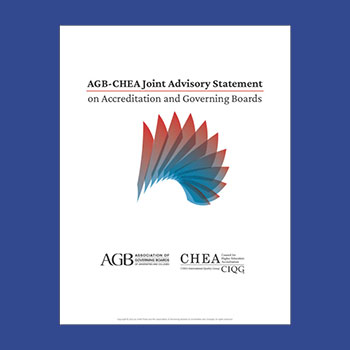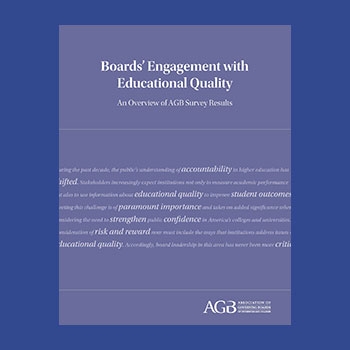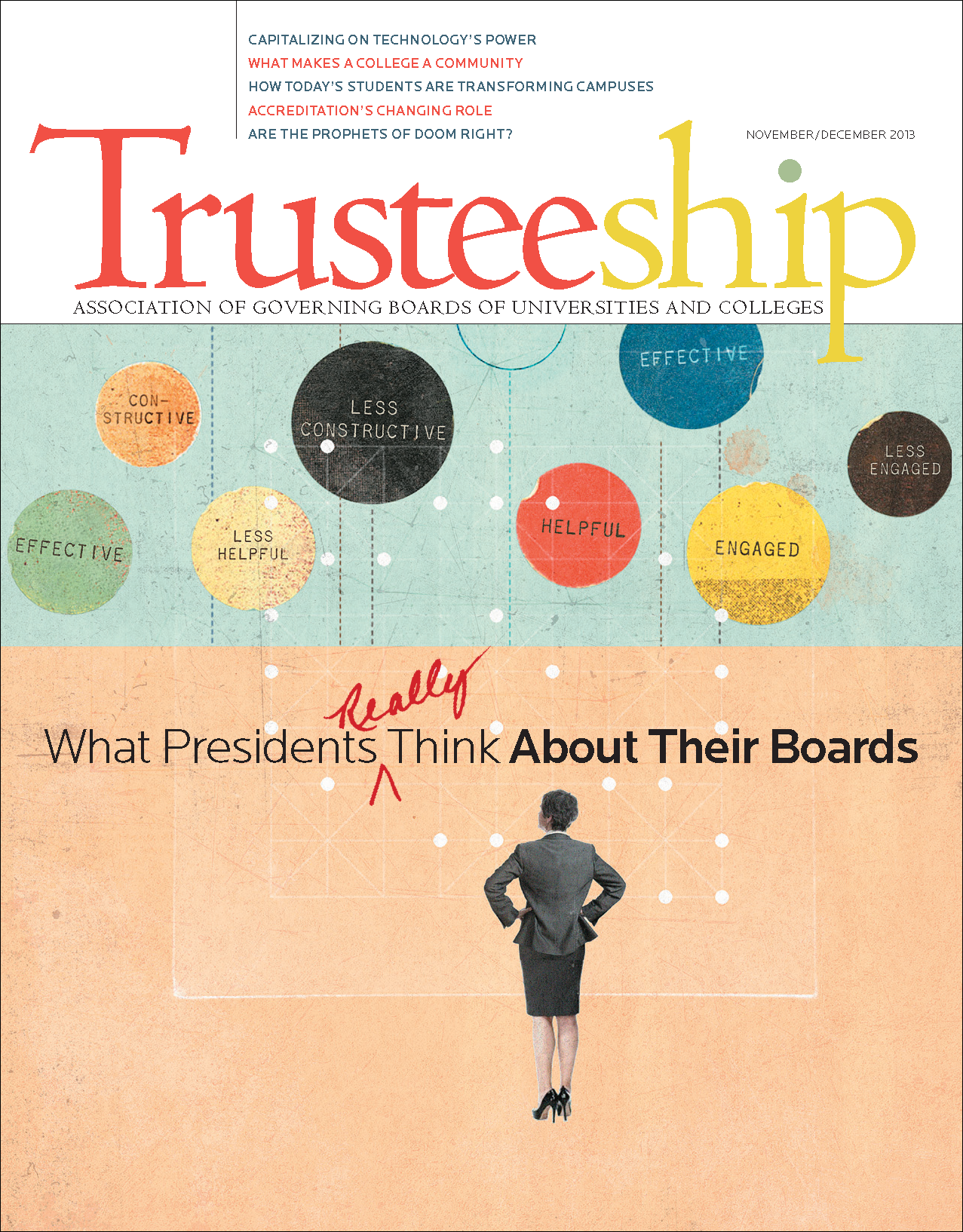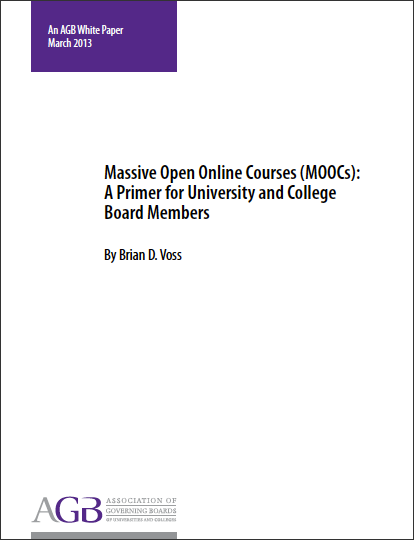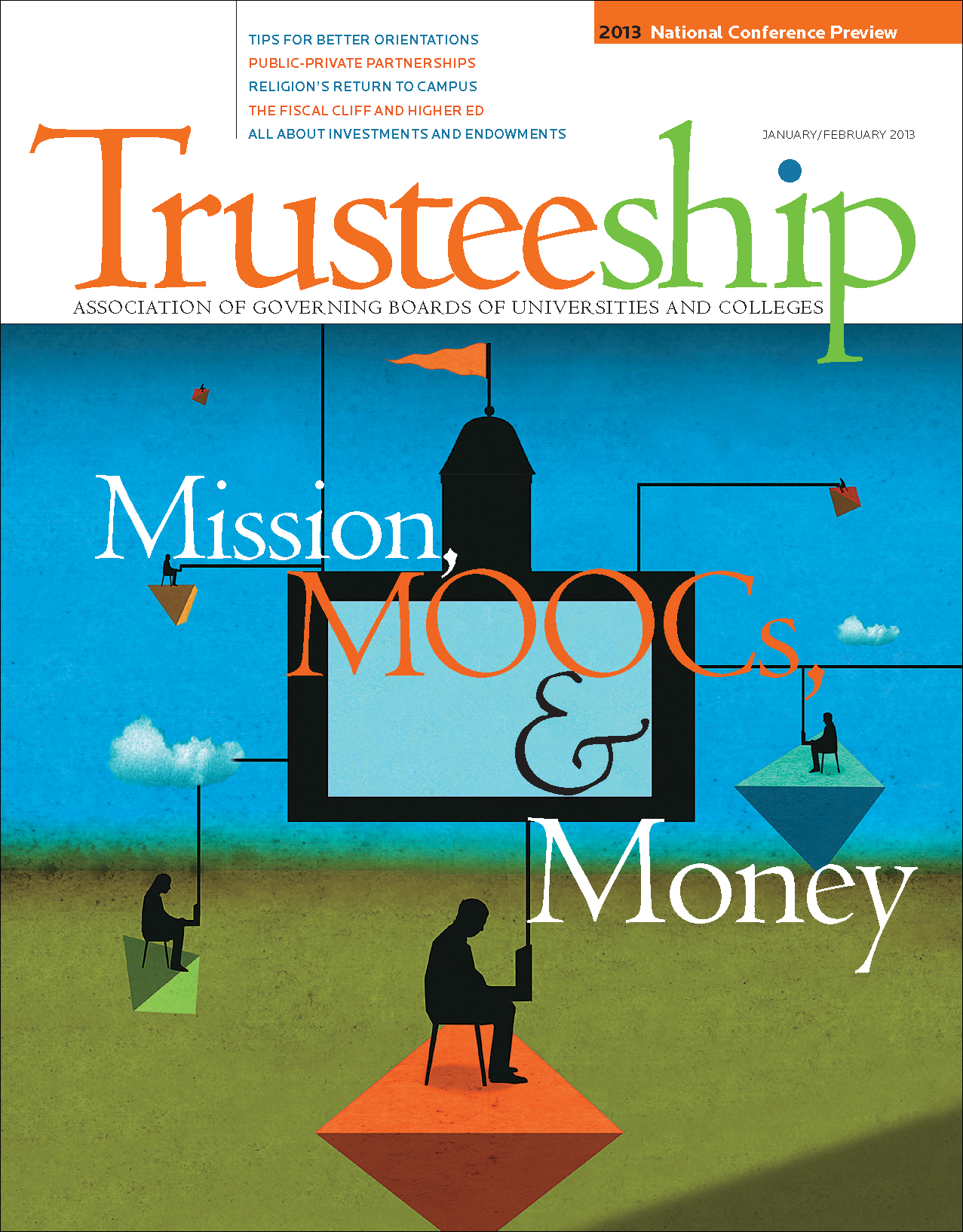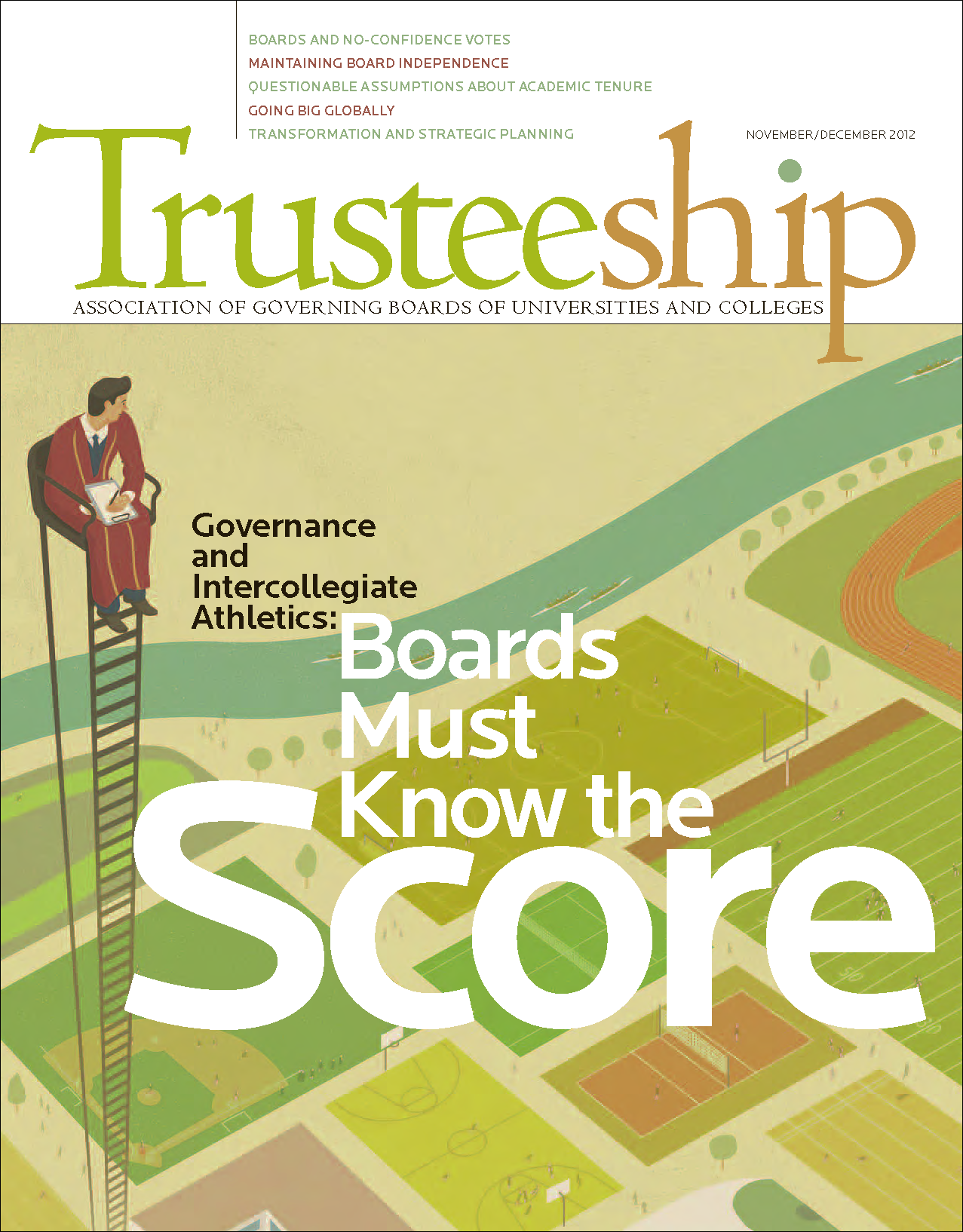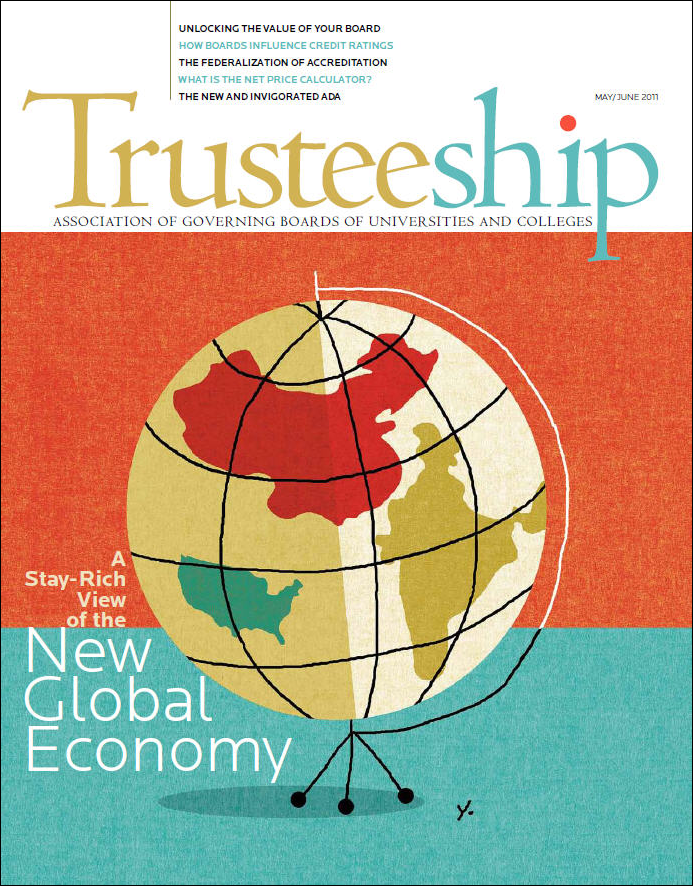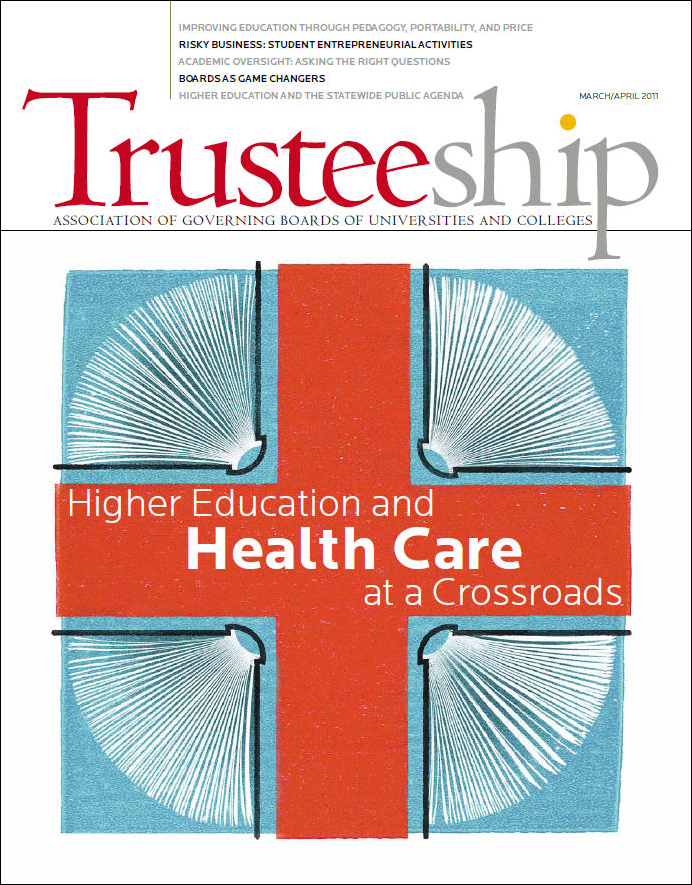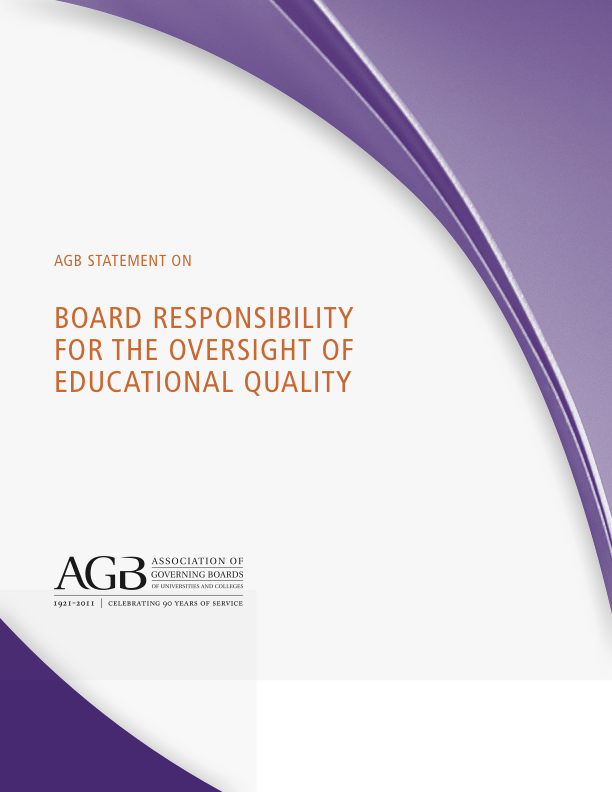Why this is important.
The academic affairs committee is integral to ensuring boards fulfill their fiduciary oversight duties. The committee supports the institution so that they have the capabilities to realize their mission and achieve their strategic academic priorities. While trustees are not expected to have the deep understanding of the academic endeavor that faculty, provosts, or the vice president for academic affairs have, committee members work closely with these stakeholders to achieve shared goals. AGB empowers academic affairs committee members to fulfill their fiduciary responsibilities by providing informed guidance to the board on matters essential to academic quality, strategic academic priorities, pertinent policies, and program adjustments.
Governing boards must spearhead the difficult task of protecting individual freedoms but never at the expense of preserving order, morality, and safety on campuses. AGB empowers our members to partner with faculty and protect these freedoms through robust campus policies, accreditation standards, and adherence to national policy recommendations.
Source: The Academic Affairs Committee by Susan Whealler Johnston, AGB 2014
Questions for boards.
Click below to reveal key questions for your board to consider:
Board Processes
Consequential Questions:
- Does our board use its time efficiently and effectively in reviewing information about educational quality?
- How can our board best use its authority to ensure quality without micromanaging the faculty and academic leaders?
Source:
Making the Grade: How Boards Can Ensure Academic Quality (2nd Edition) by Peter T. Ewell, AGB 2012
Program Quality
Consequential Questions:
- Does our institution have the right mix of academic programs? What counts as program quality?
- How does academic program review drive program improvement? How are we managing program costs?
- Are our accreditable programs accredited? Should they be?
- What do we hope to learn from our engagement with accreditation?
Source:
Making the Grade: How Boards Can Ensure Academic Quality (2nd Edition) by Peter T. Ewell, AGB 2012
Accountability and Metrics
Consequential Questions:
- What are our basic indicators of student progression and success?
- Who is accountable for student success, and what are we doing to improve our performance?
- Do our assessments of student-learning outcomes clearly state what and how much students should learn? What kinds of evidence do we collect about learning?
- What do students’ responses to student surveys tell us about the quality of their academic experiences?
Source:
Making the Grade: How Boards Can Ensure Academic Quality (2nd Edition) by Peter T. Ewell, AGB 2012
Recommended resources.
We carefully curated these staff-picked resources for you:
The Academic Affairs Committee
2014
Susan Whealler Johnston
Making the Grade: How Boards Can Ensure Academic Quality (2nd Edition)
2012
Peter T. Ewell
New Challenges for the Academic Affairs Committee
Trusteeship magazine, September/October 2020
By Kathleen B. Rogers


